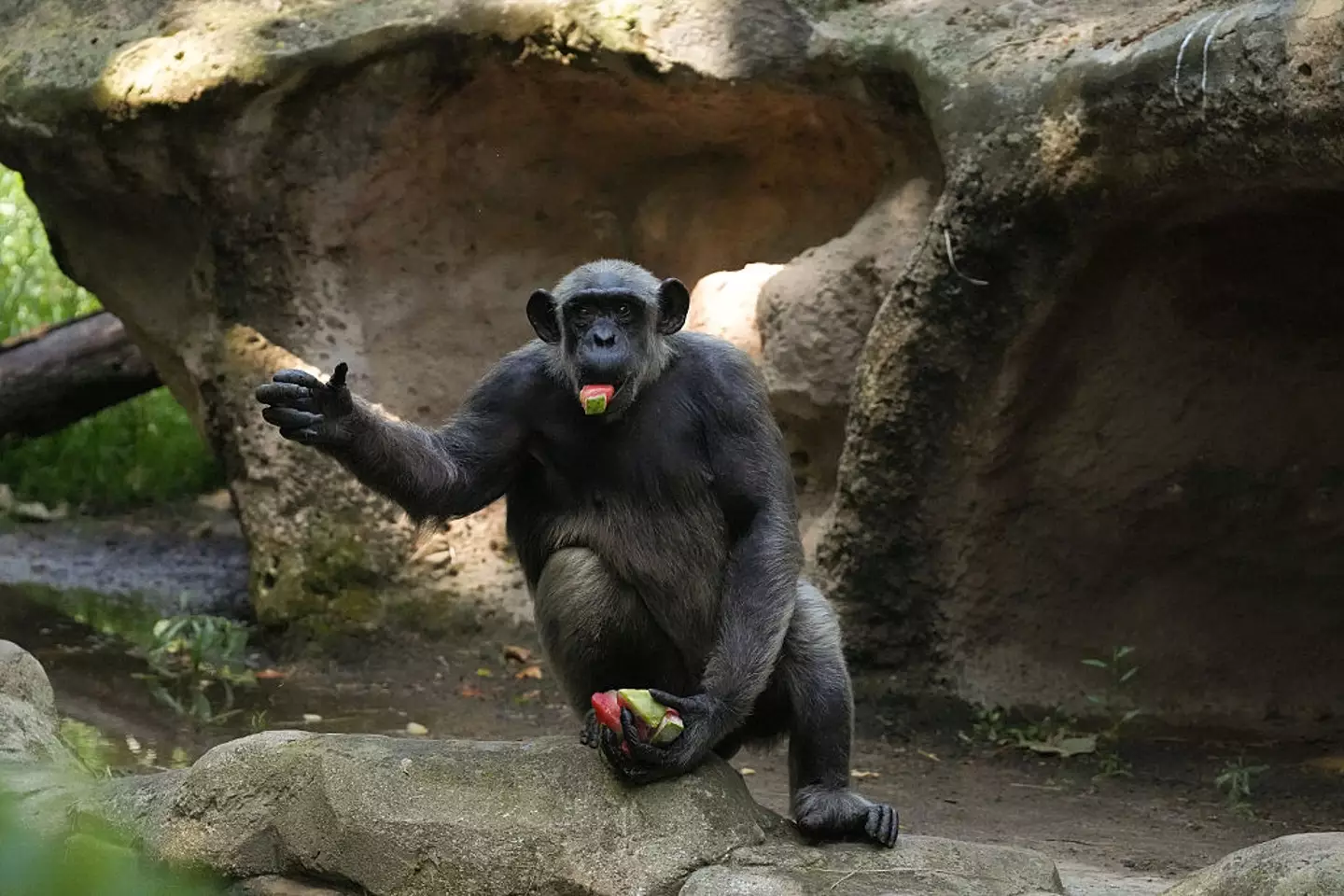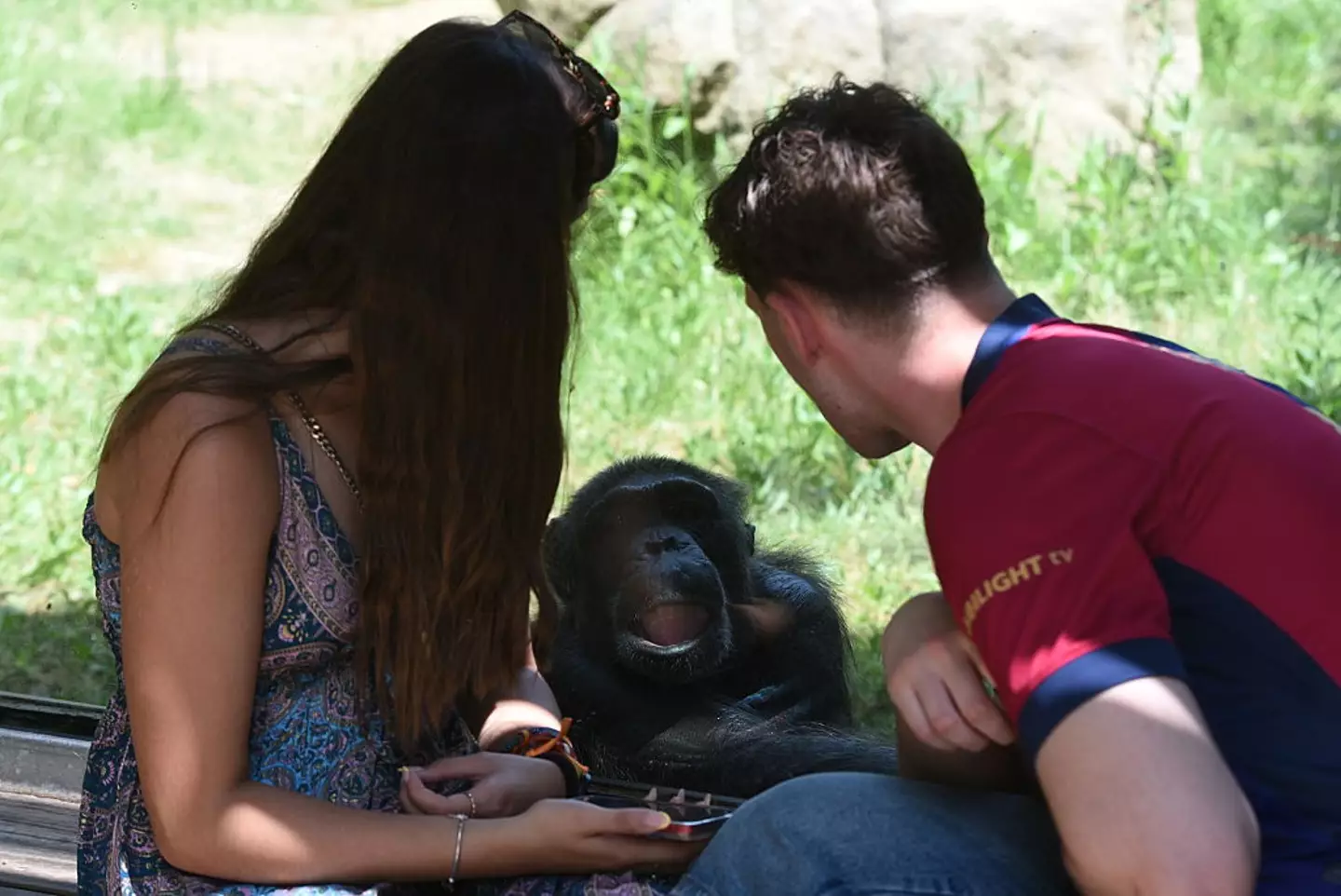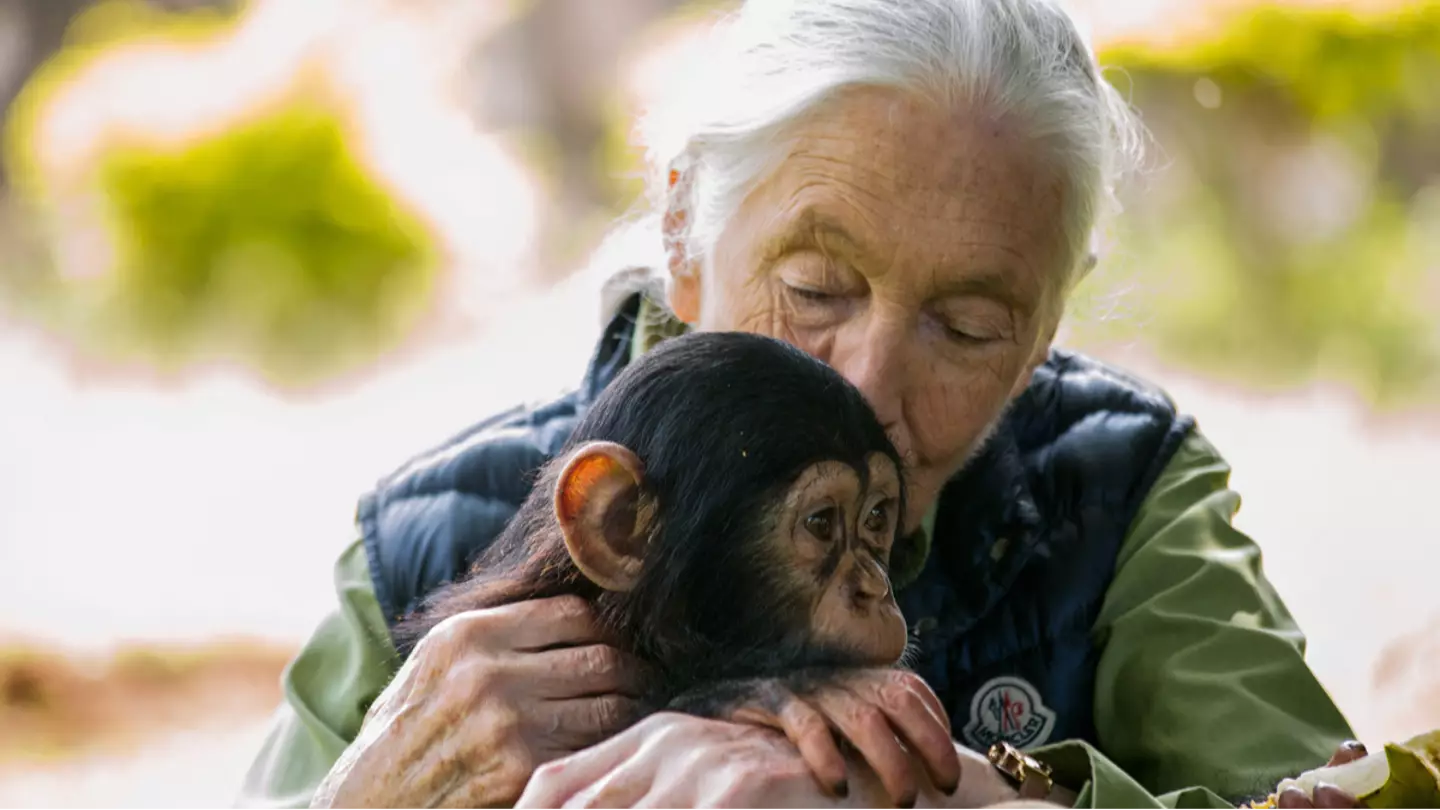For many years, humans have been viewed as the sole species with the ability to think logically—evaluating evidence, adapting beliefs, and making decisions driven by reason rather than mere instinct.
However, a recent study hints that one of our closest animal relatives may share these cognitive abilities far more closely than previously assumed.
While chimpanzees might initially appear to be just adept imitators, replicating our gestures and expressions or mastering basic problem-solving tasks, recent research reveals much more than mimicry.
This discovery challenges the previously clear divide between human and animal cognition, beginning with a simple experiment involving boxes and strategic clues.
Researchers from the University of California Berkeley, Utrecht University in the Netherlands, the University of Portsmouth in the UK, and the University of St Andrews in Scotland, devised a series of tests to challenge the decision-making abilities of chimpanzees.

The experiment was elegantly straightforward with two boxes, one hiding food. The chimpanzees received an initial hint about the food’s location: it could be subtle, like a sound from shaking the box, or obvious, like directly seeing the food. Later, new evidence suggesting the other box was correct was introduced.
Remarkably, the chimpanzees didn’t rely on guesswork or instinct. When the initial evidence was solid, they maintained their choice. Conversely, when stronger new evidence was presented, they changed their decision—similar to rational human behavior.
The results, detailed in the journal Science, demonstrate that chimpanzees evaluate evidence quality and update their beliefs when superior information arises—a process long thought to be exclusive to humans.
The research team went even further, indicating that when a clue was shown to be deceptive, such as a box containing only a picture of food, the chimpanzees identified the initial evidence as faulty and adjusted their choice accordingly.

Emily Sanford, a postdoctoral researcher at UC Berkeley, commented: “Chimpanzees were able to revise their beliefs when better evidence became available…This kind of flexible reasoning is something we often associate with four-year-old children.
“It was exciting to show that chimps can do this too.”
Senior author Dr. Esther Herrmann from the University of Portsmouth stated: “Our findings reveal that humans aren’t the only ones who make rational decisions based on evidence—chimpanzees, our closest living relatives, also weigh the strength and quality of the evidence before making decisions.”
Professor Josep Call from the University of St Andrews added: “This study opens a new avenue of research into the psychological mechanisms underlying decision-making in chimpanzees.
“Together with previous work on bargaining games, it contributes to portray chimpanzees as rational decision-makers.”

